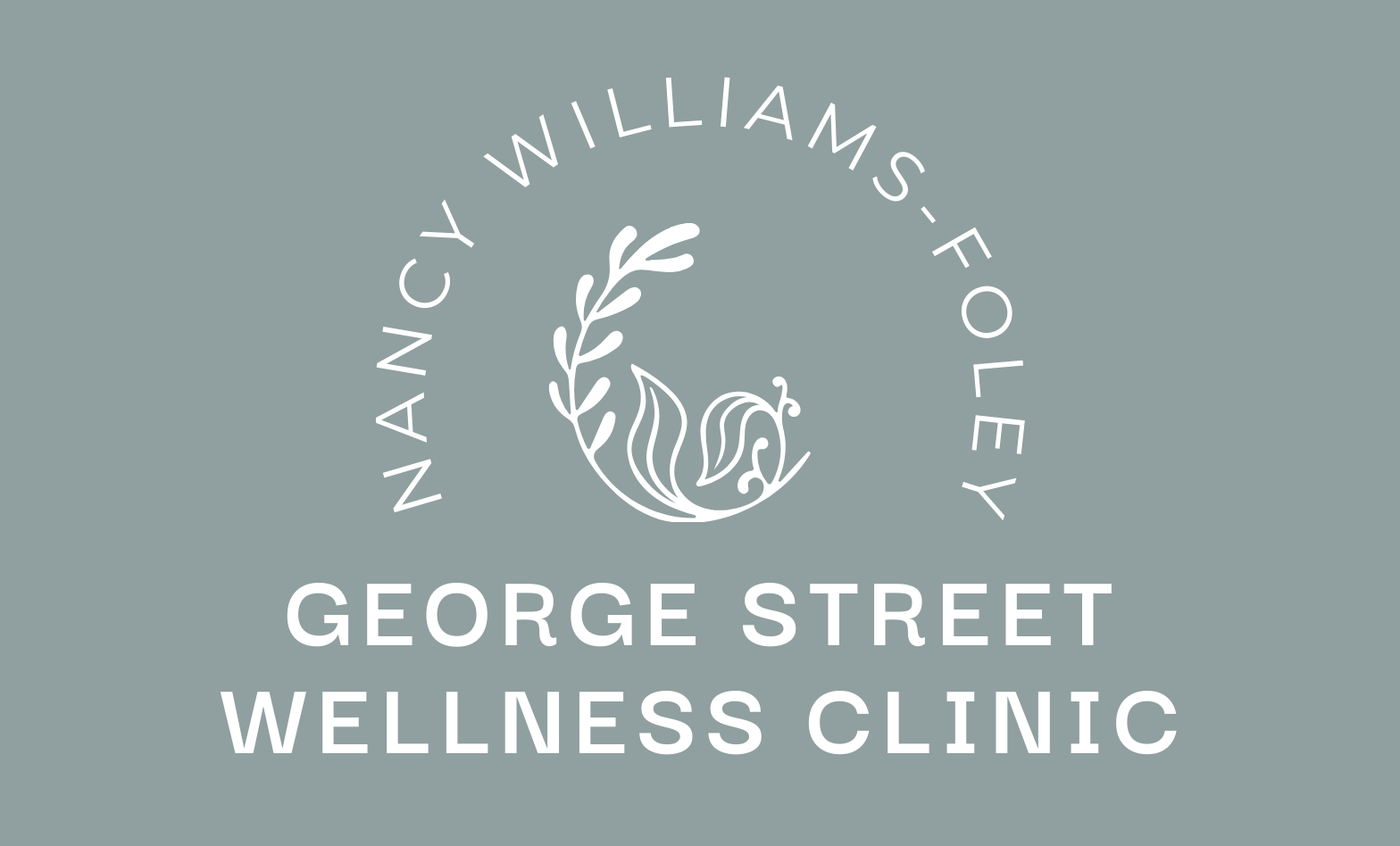The Nervous System Link Between Boundaries, Burnout and People-Pleasing
This is a Why Saying “Yes” When You Mean “No” Might Not Be Your Fault - And What You Can Do About It.
You’ve told yourself you’d say no this time. No to the extra shift. No to the weekend plans you don’t have energy for. No to the favour that quietly stretches your already-tired self even thinner. And then you hear yourself saying it:
“Yeah, of course. No problem.”
There’s a moment of resentment. A little pang in your chest. Maybe even a tear when no one’s looking. But mostly, you carry on because that’s what you’ve always done.
If this feels familiar, you’re not alone. So many of the women I work with at George Street Wellness Clinic find themselves stuck in this cycle of over-giving. They know it’s costing them - their time, their energy, sometimes even their health, but they can’t seem to stop.
And here’s the thing: it’s not because you’re weak-willed or bad at boundaries. Often, it’s your nervous system trying to keep you safe - in the only way it knows how.
When People-Pleasing Is a Nervous System Response
We tend to think of people-pleasing as a personality trait.
“She’s just really kind.”
“She’s always happy to help.”
“She’s the strong one.”
But people-pleasing - especially when it feels compulsive - can actually be a nervous system pattern. When your body senses threat (even subtle emotional threat), it activates your stress response. Most of us are familiar with fight (defend) or flight (escape). But there are two other lesser-known responses: freeze (shut down) and fawn. The fawn response is when your nervous system says, “I’ll stay safe by making sure you’re happy with me.” It’s the internalised belief that being liked, useful, agreeable - or small - is what keeps you safe, accepted, and out of danger.
This response often develops in childhood, especially in environments where conflict felt unsafe or love was conditional. And over time, it becomes the body’s automatic setting - even when you’re no longer in danger.
Why Saying “No” Feels So Hard (Even When You Want To)
From the outside, it might seem simple: just say no. Set the boundary. But from inside your body, it doesn’t feel safe. When your nervous system is wired for fawn, saying no can feel like a threat. Not just emotionally, but physiologically. You might feel:
- A rush of adrenaline when you even think about setting a boundary
- A lump in your throat when you try to speak up
- Guilt, panic, or fear of rejection afterward
- Physical symptoms like nausea, racing heart, or shallow breathing
This isn’t “overreacting.” It’s your body trying to protect you - using the strategies it learned when you were too young to have any other options.
What Happens When This Pattern Goes Unchecked
Over time, chronic people-pleasing wears down your sense of self. You stop knowing what you want, because you’re always tuned into what others need. Your body keeps the score, too.
At the clinic, I see the same themes again and again in women who have spent years saying yes when they meant no:
- Exhaustion that doesn’t go away with rest
- Cycle issues or hormone imbalance (especially around progesterone and cortisol)
- Chronic tension in the jaw, shoulders, or chest
- Anxiety and emotional dysregulation
- Burnout that arrives quietly and stays for too long
The cost of keeping the peace externally is often internal chaos, and it doesn’t have to be that way.
Reclaiming Safety: A Body-Based Approach to Boundaries
You don’t need more willpower. You need more safety. The ability to say no - to honour your needs and set boundaries - is directly linked to your felt sense of safety in your body. And that’s where body-based therapies can help.
At George Street Wellness Clinic, I work with clients to support the nervous system through therapies that don’t just talk about change - they help you feel it. Let’s say your mind knows you should speak up, but your body freezes or floods with guilt.
That’s not something you can mindset your way out of. But through gentle, consistent support, your nervous system can begin to feel a new kind of safety - one that says: “It’s okay to rest. It’s okay to speak. It’s okay to say no.”
How Therapy Can Help Shift the Pattern (Gently)
Different therapies work in different ways, but they all help regulate the nervous system and soften old survival strategies.
- Acupuncture can help rebalance cortisol and calm the sympathetic (fight/flight/fawn) response. Many clients report feeling deeply relaxed - like their whole system has been “reset” - even if they came in feeling wired.
- EFT (tapping) works beautifully with boundary guilt and emotional patterns. It allows you to process the discomfort in real time, while creating new emotional pathways in the body.
- Reflexology offers physical and emotional grounding. It’s subtle, calming, and especially supportive if you struggle to switch off or feel stuck in “doer” mode.
- Counselling provides space to explore the deeper roots of people-pleasing, and - perhaps most powerfully - to practice being heard and respected, just as you are.
The goal isn’t to become hard or defensive. It’s to become more you - more attuned to your needs, more able to express them, more comfortable with being whole and human and worthy of care.
It’s Okay to Want More for Yourself
At George Street Wellness Clinic, you’ll be met with warmth, not judgement. Whether you want to try a session, talk things through, or simply be in a space where you don’t have to explain yourself.
If you'd like to have a chat about the therapies on offer please get in touch.












